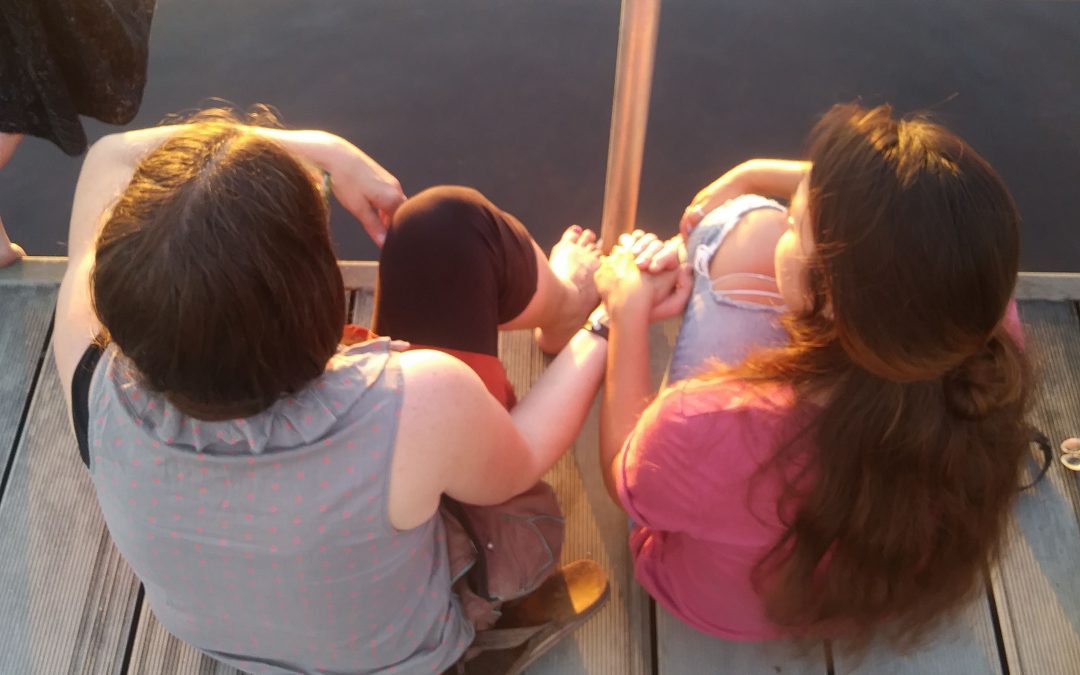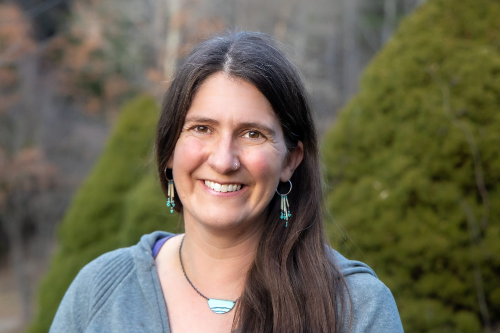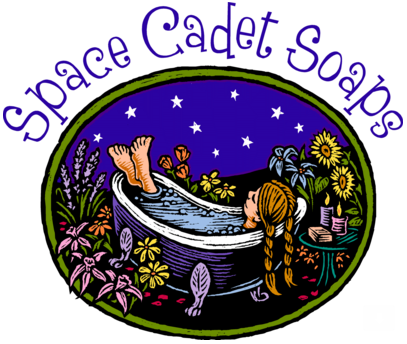*This is a chapter I’ve written, and figured it would be a good time to share, on this cusp of Thanksgiving.
It’s funny how thanksgiving and lament can be like Siamese twins. They seem so opposite, yet at their core I suppose they are both opening us up to see God.
I don’t mean complaining. Complaining is just self-pity in the form of words. Lament, however, is what the Psalms are made of. A deep cry to know the heart of God in the midst of suffering. To find His peace, whether it comes through deliverance or understanding. Lament is what brought Job a richer knowledge of His Maker, and David security in the God who triumphs over His fearful circumstances.
I have learned not to deny my lament, but to make sure my desire is to seek, know, and trust God, rather than to simply feel sorry for myself that life is sometimes hard.
I sat at a dying friend’s bedside recently, recognizing the symbiotic dance of the two. Thanksgiving and lament. I memorized her peaceful countenance. It was a look I hadn’t seen for years, as her mind slipped and she became afraid of her own reflection and everyone who loved her. Yet here it was, resting on her face, as she slept away the final hours of her life. I felt both a deep gratitude for the woman she had been, for the friendship we had shared, and for the look of peace resting on her face. I also felt lament that my dear friend had suffered the way she had, and that I must now say good-bye to the kind woman I’d loved so dearly.
I am so thankful to know to not judge one emotion as good and the other as bad, but instead to allow myself the freedom of grieving and rejoicing at the same time. I am grateful to have learned the difference between a mind and mouth’s complaining and a soul’s lament.
I used to be such a complainer. I guess most people with as many scars as I’ve amassed have had to work their way out of a mental pit.
In my twenties, two things happened almost synchronistically. Smiles called me a “pessimist” and I had a headache. The headache was not a result of being called a pessimist, nor was it a result of being one, yet these two events were both intended to teach me the same lesson.
In a moment of exasperation, he’d mumbled it. I’m not even sure if he’d meant for me to hear it, or whether it was just the steam-releasing from his exasperation over my perpetual negativity. Either way, I went running right back to that beloved splotch of carpet where I spent most of my prayer life.
There was something about this holy place. Maybe a glimpse of Eden, where they were naked and unashamed. I was beginning to feel as though this was the disrobing place. The place where I could lay the most vulnerable pieces of my heart bare, and where He might, like on Sinai, tuck me into a rock and let me see His backside.
Perhaps it had nothing to do with location, but was simply a tangible example of what was happening in my heart. I was learning to let God touch the deepest places, and even invite Him into them.
I ran to our room, and plastered my face into the carpet, pleading. How had I become a pessimist? I knew he was right, but I had never heard this word aimed at me before, and it stung. I was certain I’d been a pessimist for years, but no one had had the guts (or weariness) to point it out. Smiles had been carrying it. He was weighed down by the heaviness of a wife who had once, long before he knew her, been the perpetual optimist, yet had sacrifice the jubilant dance of innocence for the cumbersome weight of guilt and shame. My rebellion against God had changed the curvature of my mind, bending it towards negativity, and I’d been living in that rut for too many years to notice… until that fateful day when an honest, burden-bearing friend pointed it out.
As I prayed, the first thought that came to my mind was that I needed to form the habit of thanksgiving. It’s a powerful thing to write stuff down, so I grabbed a nearby notebook, like a sword, and began to scribble. I began to probe my mind for things to give thanks for. I would carry the notebook with me, and write as often as I remembered, until it seemed like my mind was beginning to change it’s gravitation pull from complaining to gratitude.
Years later, I would discover Ann Voskamp had done the same thing, and oddly her list seemed very similar to mine. When you are on a scavenger hunt to see grace in the mundane, the things you’d normally overlook become glimmering pebbles on a beach you want to fill your pockets with.
I also discovered a bit of brain science, which teaches that complaining and thanksgiving are both habit-forming. They form neuro-pathways in our brain (like well-worn ruts from walking the same path often), making it more natural to enact the one we’ve been practicing.
Soon after my journaled praises, I was gifted a headache which wouldn’t relent for six solid months.
One day, I woke up with this headache. I’ve been prone towards headaches my entire life. Usually sinus headaches, and honestly, it’s one of the reasons for my interest in natural remedies. My grandmother (the one who I had been so close to and had died when I was eleven) used to have me hang my head over the edge of the bed, so she could pour salt water up my nostrils to drive out sinus infections. When I had a sinus headache, she’d have me lean my head against the wall while she pressed with all her feisty, little might against the spot on my forehead that hurt the worst, for a solid minute, and my headache would magically disappear. For a non-sinus headache, she’d massage a pressure point in the pocket of skin and muscle near the base of my thumb. As a child, I was amazed at how you could treat illnesses at home with things like finger strength and salt water. I’m still amazed by it. My grandma’s knowledge coupled with a lot of sinus headaches and sinus infections in my youth is part of why I grew up to be a “backwoods herbalist” (as I like to call those of us without any formal education, just a whole lot of intrigue and an extensive assortment of herbalism books on our shelves).
I am also blessed with a high pain tolerance, so a headache wasn’t a crippling affair. Until that day rolled into a week, rolled into months, and suddenly what was a simple headache became seemingly life-threatening. If not for me, for my kids.
For me, because I began to wonder if this headache was actually a brain tumor. People don’t usually have headaches last for months. I scheduled a CT scan and prayed. As I prayed about my health, I also began to ponder life and death, and in an odd way, the fear of a brain tumor helped me to relinquish some of my attachment to this world. I was facing the very real possibility that I might leave my family widowed and orphaned in their twenties and toddler years. And I would have to be okay with that. I also began to look forward. I contemplated the bliss that lies on the other side, and my fears of dying were burned away in the blaze of future glory! When the CT scan told me my brain was healthy, there was a small part of me that had to relinquish the joy of knowing I might get Home a lot sooner than expected.
My headache was also life-threatening for my kids. I had three young sons, hellbent on finishing each day with a trip to the Emergency Room. I recall watching two of them at about four and six-years-old, jumping off the roof of the shed in our backyard, and doing a cost-benefit analysis. I decided the worst they’d break was an arm or a leg, then I wandered back to do the dishes, weary from trying to prevent catastrophes. If they gave frequent flyer miles to the ER, we would have had them. Don’t judge. If you don’t understand, you obviously weren’t a mother of all boys.
The unending headache bred exhaustion. I suppose all the energy in my body was fighting the pain in my head, and somedays I just couldn’t keep myself awake. I’d fall asleep midday, my last thought an exhale of prayer that my kids wouldn’t do anything dangerous or deadly while I slept.
I spent the first few months complaining about the headache… and especially the exhaustion. But after a few months of complaining, the Lord began to convict me with 1 Thessalonians 5:18 and Philippians 4:4-8.
“Rejoice alway; pray without ceasing; in everything give thanks; for this is God’s will for you in Christ Jesus.” (1 Thessalonians 5:18) and “Rejoice in the Lord always; against I will say, rejoice! Let your gentle spirit be known to all men. The Lord is near. Be anxious for nothing, but in everything by prayer and supplication with thanksgiving let your requests be made known to God. And the peace of God, which surpasses all comprehension, will guard your hearts and your minds in Christ Jesus. Finally, brethren, whatever is true, whatever is honorable, whatever is right, whatever is pure, whatever is lovely, whatever is of good repute, if there is any excellence and if anything worthy of praise, dwell on these things.” (Philippians 4:4-8).
I had been dwelling on the pain, the exhaustion, the fear, the struggle, not what was pure, lovely, or worthy of praise. Both of these passages seemed to begin the same way…. Rejoice always and pray! I began to notice prayer and thanksgiving are often synonymous in Scripture.
Giving thanks felt like lip-service at first, but I knew God wanted it anyway, and soon enough I began to feel a true sense of gratitude for my headache, a perpetual reminder to turn my gaze up. Sometimes we have to put our finger deep into our festering wounds and thank Him for the thing we hate the most. Besides, doesn’t Romans 8:28 remind us if we’re His, He’ll work it out for good, and Romans 8:18 that the sufferings of this present time aren’t even worth comparing with future heavenly delights?
Around the six-month mark, I suddenly realized I hadn’t had a headache for a few days, and for one milli-second I missed my headache. It had been one of the greatest tutors of my life, along with my spiral bound notebook, at teaching me to transform my mind from complaining to thanksgiving, and from dwelling on darkness to scavenging for the Light.
As I was learning about thanksgiving and the power it has to help me notice God’s goodness in the mundane and the difficult, I was also beginning to recognize the holy act of lament and to distinguish the difference between lament and complaint.
I was wading through a year’s long season of life in which someone who both had authority over us and ought to have been a spiritual guide to us was actually bullying our whole family (including our children). As I wrestled through this trial, hashing it out with my heart, one hand gripped fiercely on thanksgiving and the other trying to shake the bitterness and hurt, I wandered outside. To the front porch, this time. To my “transfer station”. Where I was to surrender my rights for God’s will.
I craned my neck to gaze at those stars which had once reminded me of the glory of suffering. With an aggressive motion of the hand, I mimed the act of ripping out my heart and handing it to God. It was an act of surrender. An act of begging Him to take the hardness within and to make it soft and pliable. To help me love when I had spent years being falsely accused and trampled on by someone who should have been our defense. Someone who would later confess to intentionally discouraging and picking fights with us, as though it was something to brag about rather than to be ashamed of. Someone who perpetually changed their story to suit their desires, and demanded more from us than God had ever demanded.
Yet God was demanding something. He was demanding that I trust His sovereignty and goodness in the midst of my suffering. He was demanding I walk out onto the front porch and lift my hardened, bitter heart up to heaven to ask, once again, not for deliverance from the trial, but for deliverance from my bitterness in the midst of the trial.
This would become a regular habit of mine. A silent, mimed prayer of surrender, reminding me each time that God cares far more about my heart than my circumstances.
In hindsight, I learned a lot about God, about suffering, about trust, about holiness, about slaying the idol of bitterness, about rejoicing in pain, all from a few years of anguish. But I am not certain if I would’ve learned it were it not for the act of lament.
Lament requires us to disrobe before the Lord, to make ourselves vulnerable and honest. To be willing to wrestle it out until we walk with a limp.
It’s easy enough to tell ourselves to give thanks. Giving thanks is like putting on spectacles to clarify our vision of God’s goodness, but when God’s goodness is veiled, we shouldn’t pretend to see it. Sure, we ought to thank Him anyway because that requires faith, but we also ought to be honest with ourselves and with Him.
Sometimes we take our struggles to the wrong place. Lament can easily become complaint when we expect our friends to bear our burdens and heal our hurts. Sometimes we end up gossiping that way. Besides, humans aren’t as trustworthy and their shoulders aren’t as broad. But God’s shoulders are broad enough to bear the weight of the world, and He is the Healer of all things including broken and soured hearts.
When we don’t understand the relationship between thanksgiving and lament, we end with a warped view of the distinction between lament and complaining. We are so afraid of seeming like a whiner that we are dishonest about the suffering we’re enduring. So we never see God in the deeper ways. We stick to the shallow end for fear of exposing ourselves with our honesty. Yet it is our honest wrestling that opens us to a greater view of what’s true.
When we keep our lament bottled up, we are like the townspeople who were afraid to tell the Emperor he was naked, for fear that that meant something was wrong with them. But the refreshing honesty of one, little boy exposed the entire facade.
Thanksgiving and lament are both vision clarifiers. Thanksgiving tells God about His goodness. Lament begs God to show us His goodness.
When I read the Psalms, I am stunned at David’s honesty. When I battle depression, I am reminded I am in good company. David seems to severely feel fear on every side, and I can imagine. He was king. The bounty was on his head. But he is so refreshingly honest. He wrestles it out until He sees God’s good character and his trust is restored. Job is the same way, as are many of the Prophets. I am learning to walk in their shadow. To let rejoicing and lament live synchronistically in my soul. To feel the full spectrum of grief and joy, and to invite God to fill both.
When I sit at the bedside of a dying friend, reeling in the wake of her suffering, I am not afraid of the tsunami of emotion because I have learned to believe God’s goodness and sovereignty in all of it. I have learned to see, and to believe and to beg when I can’t see. To cry out for the mercy of knowing God’s character in the midst of and despite my circumstances. This is my limp.




Space, your words are a balm to me, that I want/need to read again and again. Thanks for teaching me! Inwant to buy your book…put me on the list!!